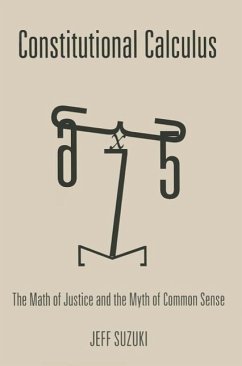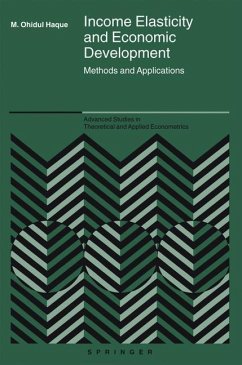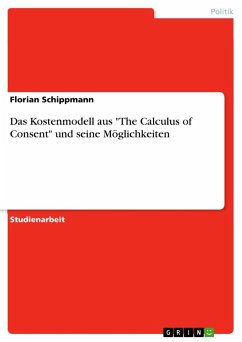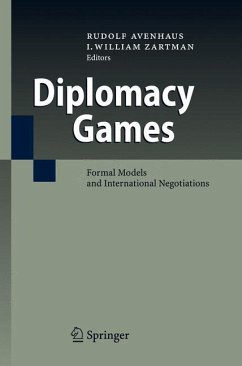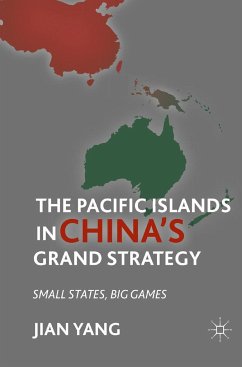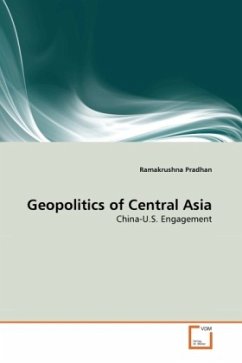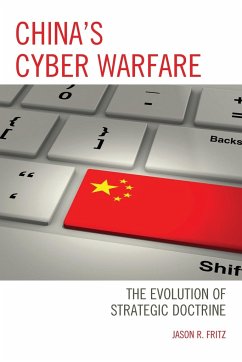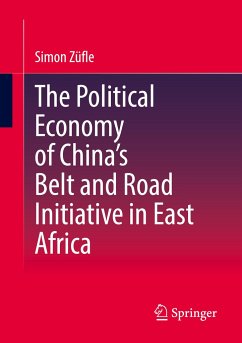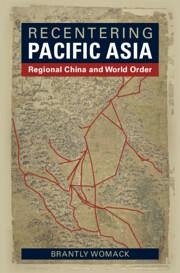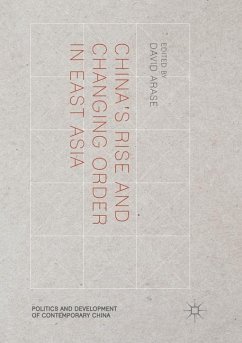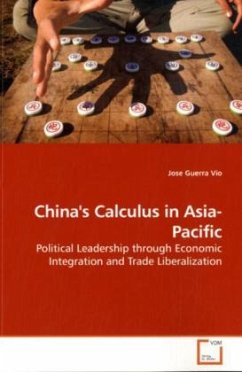
China's Calculus in Asia-Pacific
Political Leadership through Economic Integration and Trade Liberalization
Versandkostenfrei!
Versandfertig in 6-10 Tagen
32,99 €
inkl. MwSt.

PAYBACK Punkte
16 °P sammeln!
In recent years, China's proactive approach to regional integration and free trade agreements in Asia-Pacific has helped it to acquire a leadership role widely praised within the region. This analysis tries to underscore the possible political and strategic motivations behind Beijing s policy-making regarding economic integration across the Pacific Ocean. The starting point for this study is the assumption that China is using its economic might as a means to enhance and expand its traditional sphere of influence in the region, and it is doing so by achieving different kinds of regional coopera...
In recent years, China's proactive approach to regional integration and free trade agreements in Asia-Pacific has helped it to acquire a leadership role widely praised within the region. This analysis tries to underscore the possible political and strategic motivations behind Beijing s policy-making regarding economic integration across the Pacific Ocean. The starting point for this study is the assumption that China is using its economic might as a means to enhance and expand its traditional sphere of influence in the region, and it is doing so by achieving different kinds of regional cooperation arrangements. The FTA between China and ASEAN, among other pacts, serves to exemplify this situation. In addition, the implications of these developments for Japan as the other regional power, and for the US global hegemony, are also reviewed.



